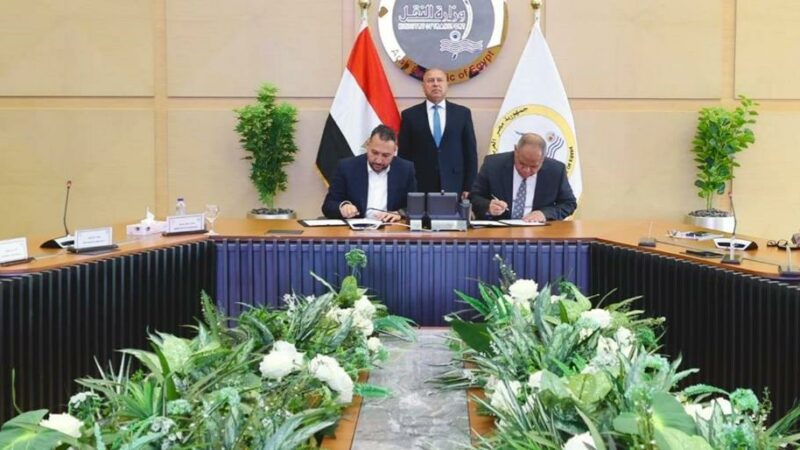Libreville-Brazzaville Corridor: Gabonese President Oligui Nguema Inaugurates Construction on Strategic Ndendé-Doussala Route

This axis is part of a broad program aimed at connecting Central African capitals through paved and modernized roads.
Gabon’s transitional head of state, Brice Clotaire Oligui Nguema, initiated the construction of the Ndendé-Doussala road last Thursday. This project is an essential part of the strategic Libreville-Brazzaville corridor, intended to strengthen transport links between Gabon and Congo-Brazzaville. This route is part of a vast program to link Central African capitals with modernized paved roads, designed to boost regional integration and address the lag in transport infrastructure development.
The Ndendé-Doussala road, a cornerstone of this corridor, is funded by the African Development Bank (AfDB), enabling the project to be carried out in two main phases. The first phase involves paving the end sections: Ndendé-Doussala-Rivière Ngongo (49 km on the Gabonese side) and Kibangou-Dolisie (93 km on the Congolese side). The second phase will rehabilitate the intermediate Kibangou-Ngongo section (130 km, in Congo) with a dirt surface to ensure continuity of cross-border traffic.
The AfDB is no stranger to projects of this type, having previously supported the creation of the first paved road linking Libreville to Yaoundé (Cameroon), with assistance from the European Union. This new Libreville-Brazzaville axis aligns with the same goals of strengthening regional integration and improving transport infrastructure in Central Africa.
A Lever for Economic Competitiveness and Social Development
Beyond the purely infrastructural aspects, the Ndendé-Doussala road is expected to play a major role in the socio-economic development of the regions it traverses. By improving the logistics chain of transportation, this project will reduce the costs of transporting goods, thereby increasing their competitiveness in local and international markets. It is also seen as a driver of development for surrounding communities, where it will contribute to improved living conditions and poverty reduction by stimulating local economic activity and facilitating access to essential services.
Once completed, this infrastructure will provide a continuous road link between Libreville and Brazzaville, establishing a crucial logistics corridor for intra-African trade. Currently, there is no such direct connection, and this project opens up new prospects for trade, investment, and the mobility of goods and people across the region.





